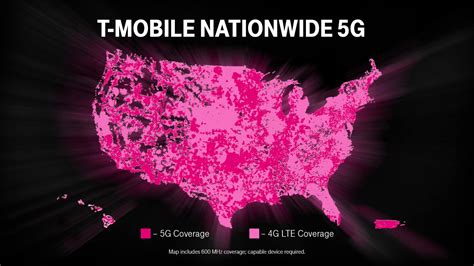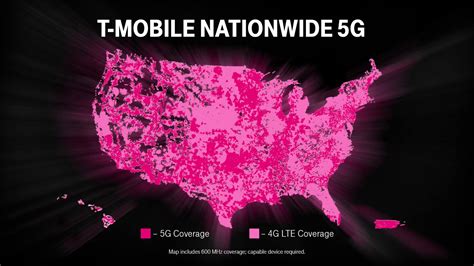T Mobile Owns

T-Mobile, one of the largest wireless network operators in the United States, has undergone significant transformations over the years, expanding its services and coverage through strategic acquisitions and partnerships. As of 2021, T-Mobile has acquired several notable companies, solidifying its position in the telecommunications industry. One of the most significant acquisitions was the purchase of Sprint Corporation, a major wireless network operator, in a deal worth approximately $26.5 billion. This acquisition not only expanded T-Mobile's customer base but also enhanced its network capabilities, allowing for faster 5G rollout and improved coverage.
Key Acquisitions and Partnerships

T-Mobile’s acquisition strategy has been instrumental in its growth, with the company focusing on enhancing its network infrastructure, expanding its customer base, and improving its service offerings. Some of the key acquisitions and partnerships include the purchase of Sprint, as mentioned earlier, and the acquisition of Layer3 TV, a cable television company, which has helped T-Mobile to launch its own streaming service, TVision. Additionally, T-Mobile has partnered with companies like Google and Netflix to offer exclusive deals to its customers, further enhancing its value proposition.
Key Points
- T-Mobile acquired Sprint Corporation in a $26.5 billion deal, significantly expanding its customer base and network capabilities.
- The acquisition of Layer3 TV enabled T-Mobile to launch its streaming service, TVision, competing directly with traditional cable television providers.
- Partnerships with Google and Netflix offer T-Mobile customers exclusive deals, enhancing the company's service offerings and competitiveness in the market.
- T-Mobile's 5G network rollout has been accelerated following the Sprint acquisition, providing faster and more reliable internet services to its customers.
- The company's focus on customer experience, coupled with its expanded service offerings, has contributed to its growth and increased market share in the telecommunications sector.
Impact on the Telecommunications Industry
The acquisition of Sprint by T-Mobile has had a profound impact on the telecommunications industry, leading to a more competitive landscape. The reduced number of major players, from four to three, has resulted in increased market share for the remaining companies, including Verizon and AT&T. However, this consolidation has also raised concerns about reduced competition and potential price increases for consumers. T-Mobile’s aggressive pricing strategy and expanded service offerings have helped to mitigate these concerns, but the long-term effects of the acquisition on the industry remain to be seen.
| Company | Acquisition Value | Year |
|---|---|---|
| Sprint Corporation | $26.5 billion | 2021 |
| Layer3 TV | $325 million | 2017 |

Future Outlook and Challenges

Looking ahead, T-Mobile faces several challenges, including the need to integrate Sprint’s operations and network seamlessly, manage debt from the acquisition, and continue to invest in its 5G network to maintain its competitive edge. The company must also navigate the evolving regulatory landscape, which could impact its ability to make future acquisitions or expand its services. Despite these challenges, T-Mobile’s strong brand, expansive network, and commitment to customer experience position it for continued growth and success in the telecommunications industry.
T-Mobile's approach to innovation, including its investments in emerging technologies like 5G and edge computing, will be critical to its future success. The company's ability to leverage these technologies to create new services and enhance existing ones will help it to stay ahead of the competition and meet the evolving needs of its customers. Furthermore, T-Mobile's focus on sustainability and corporate social responsibility will play an increasingly important role in its long-term strategy, as consumers and investors become more aware of the environmental and social impact of the companies they support.
What was the value of T-Mobile's acquisition of Sprint Corporation?
+The acquisition value was approximately $26.5 billion.
How has T-Mobile's acquisition of Sprint impacted the telecommunications industry?
+The acquisition has led to a more competitive landscape, with T-Mobile and the remaining major players competing aggressively for market share. The reduced number of major players has raised concerns about reduced competition and potential price increases for consumers.
What are the key challenges facing T-Mobile in the future?
+T-Mobile faces several challenges, including the need to integrate Sprint's operations and network seamlessly, manage debt from the acquisition, and continue to invest in its 5G network to maintain its competitive edge. The company must also navigate the evolving regulatory landscape and address concerns about reduced competition and potential price increases for consumers.
Meta Description: T-Mobile owns a significant share of the telecommunications market, with its acquisition of Sprint Corporation and other strategic partnerships. Learn more about the company’s acquisitions, impact on the industry, and future outlook. (147 characters)



